By Mudit Jha | 31st July, 2022
Most of us aren’t taught how to take notes in school, even though that is what we do most of the time in school. Just by learning how to take better notes, you can improve as a student in school AND as a learner beyond the classroom!
When was the last time you sat down in class and took notes while the teacher was lecturing? You might have remembered rushing to write down everything the teacher was saying to make sure you ace the next test. In a similar situation, you have a reading assignment where you have to learn the textbook material before the test. If you're a good student, then you would want to note down every important fine detail and highlight every term you see.
❌ Well, I hate to tell you this, but these are the wrong ways to take notes and study. Not to mention extremely inefficient and time-wasting.
💡On YouTube and social media, we can readily find thousands of content creators talking about: “The BEST Notetaking Hacks,” “Ways to take fast notes in class,” or even “How to pass with ZERO Notes.” In truth, there is no one way to document your learning and show mastery of content. The saying- “everyone is a unique learner,” holds true even in notetaking.
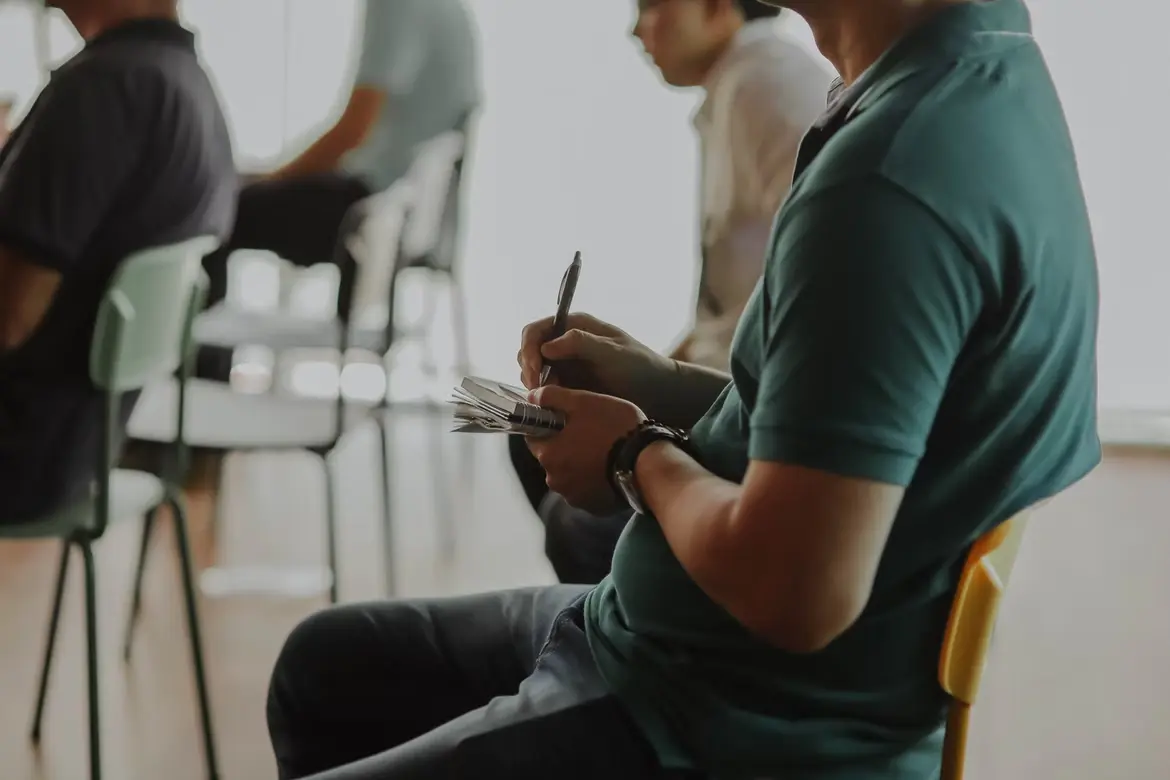
🙅 Common Mistakes in Notetaking
1. Not grasping the material and rushing to jot down every single detail.💨
Learning is a process that requires comprehension which doesn’t happen if you are too busy noting down every word as it comes out of the lecturer’s mouth.
➡️ In this case, you’re just storing information for later use. After class, you wouldn’t know what you learned and only after going over the notes, you’ll take the time to learn. See what is the issue here?
Why delay the learning process and save it for home? If the lecture is heavily fact-based, then all the information would be on Google. So, what is the point of copying down everything? Just note down the key details, in your own words, and put the time during class to be present and mentally focused on the overall learning.
“Note-taking is a complex activity that requires comprehension and selection of information and written production processes.”
2. Forcing Notes. 😬
Most of the time our teachers make it a rule to take notes in every class. This makes us view notetaking as a chore rather than a process that should illustrate the way you learn and your thinking process. We need to rewire that mindset into one that sees notes as a learning experience and an overall enjoyable/fun task.
➡️ Note-taking is not an easy task. It is hard and requires effort. When notes are forced, we lose quality and diminish their value of them. Just as learning cannot be forced, notes can only be valuable when we put effort into comprehension. Notes need to be intentional and well thought out, otherwise, they lose value.
Why delay the learning process and save it for home? If the lecture is heavily fact-based, then all the information would be on Google. So, what is the point of copying down everything? Just note down the key details, in your own words, and put the time during class to be present and mentally focused on the overall learning.
“Comparative data show that note-taking demands more effort than reading or learning. However, it requires less effort than the creatively written composition of an original text. It is, in fact, the effort behind note-taking that has been tied to improved student learning.” - Gonzalez, J.
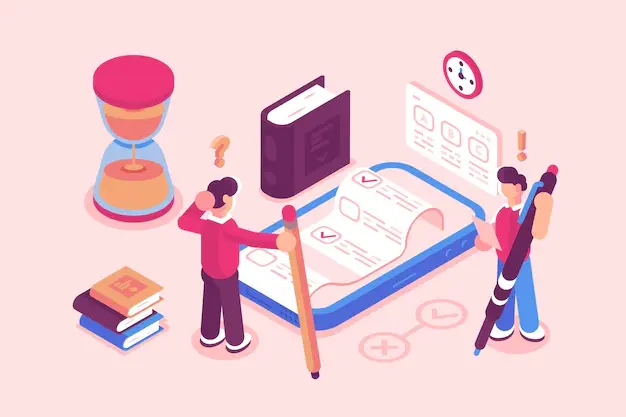
The 5R’s of Notetaking 5️⃣
RECORD > REDUCE > RECITE > REFLECT > REVIEW
Here is a quick breakdown of the framework:
📽️ RECORD: This is when you are listening to the lecture. At this time you should focus on writing down the information that is being presented. At this point, the aim is NOT to take perfect notes, but rather to focus on jotting down the key concepts and important details. Pay attention whenever the lecturer slows down to explain a complex topic this is the part that they want you to understand clearly.
🗑️ REDUCE: After class, it's time to reduce and boil down your notes. Take time to clean up and organize your notes in a way that YOU can understand them; in your own words.
📣 RECITE: Now it's time to go back and read through and cement your learning. It's not enough to write the notes down. Try to read out the notes once and then without looking recite them again. Think of trying to teach the concepts to someone else who has zero knowledge.
🤔 REFLECT: Connect the ideas to the bigger idea. Reflect on how the new knowledge builds on your past learning. Ask questions to yourself, and try to predict how this plays a bigger role in your understanding.
📝REVIEW:You finished your notes. Don’t let your efforts go to waste. Review them every day, 15 mins are more than enough. To solidify the content in our long memory reviewing is key. Use spaced repetition.
✏️A System that works ✅
While there is no one way to take notes, science shows that there are certain methods that can help structure our notes in the most efficient way possible.
One Such Method is the Cornell Notes System:
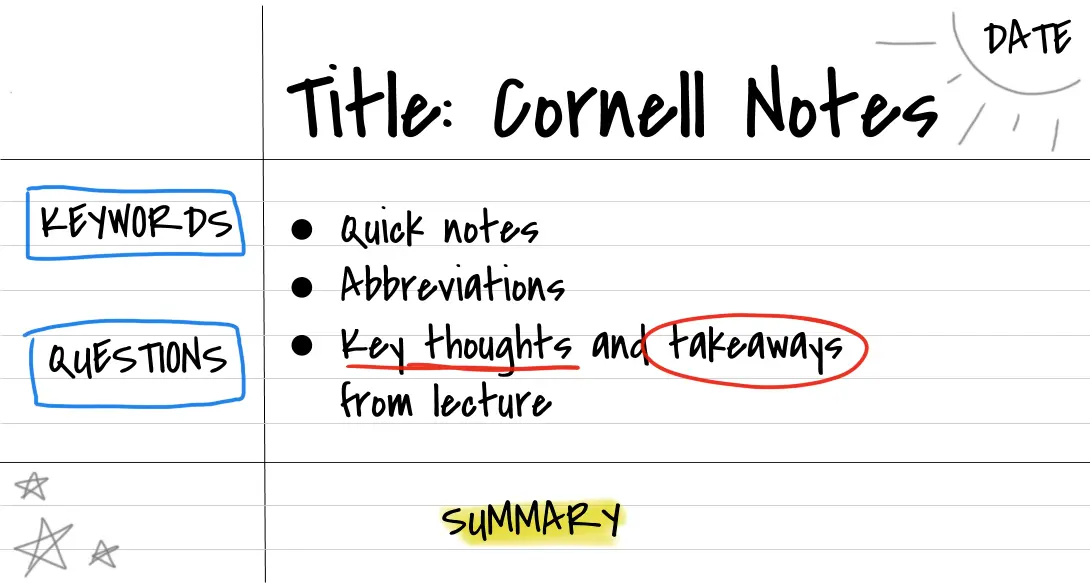
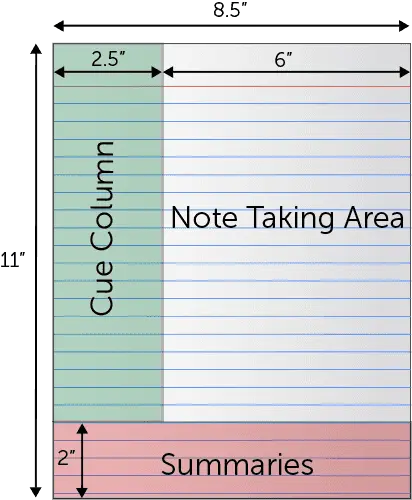
📒Background: In the 1940s, Cornell Professor Walter Pauk developed a new note-taking system to give college students a better way to organize, condense, and intake knowledge.
This is a very simple system, in which you divide a page into 2 columns as shown in the figure. The first column or the Cue Column is for writing down lead words or questions that will help you recall the notes you take
on the right side.
This is effective for test review and making sure that you know how all the information relates to the bigger ideas. Adding a summary is a good way to recap the notes and good for later
review.
This simple System ensures that you customize your learning by making cues for your brain to recall and summaries to gauge your understanding.
⭐ Try this method next time you take notes to take them to the next level!
📌 Key Takeaways!
- ⚖️ Focus on quality over quantity always while still making sure to record key points from lectures and classes.
- 🗂️ Be organized and follow a systematic approach, like the Corneille method, to take more effective notes.
- 5️⃣ Have the 5Rs Framework in mind to make the process consistent and effective each and every time!
- Lastly, have fun! 😀 There is no one way to take notes, find your individual learning style, and follow the basic approaches to learning!


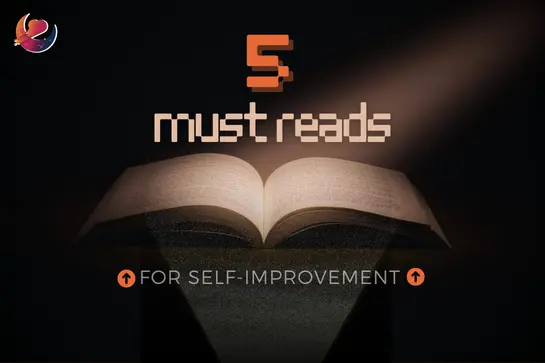
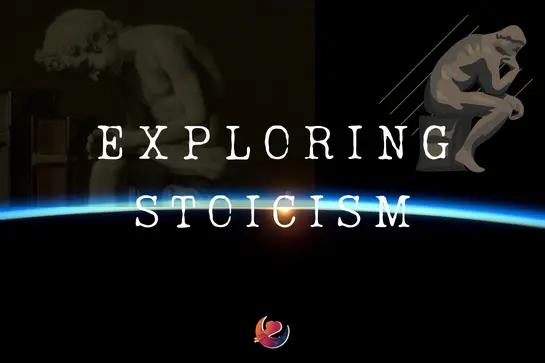
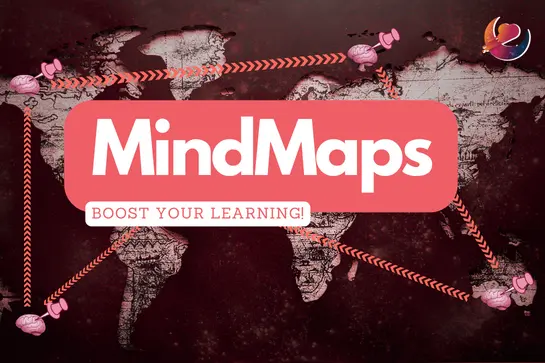
Forgot password?
Close message
Subscribe to this blog post's comments through...
Subscribe via email
SubscribeComments
Post a new comment
Comment as a Guest, or login:
Connected as (Logout)
Not displayed publicly.
Comments by IntenseDebate
Reply as a Guest, or login:
Connected as (Logout)
Not displayed publicly.